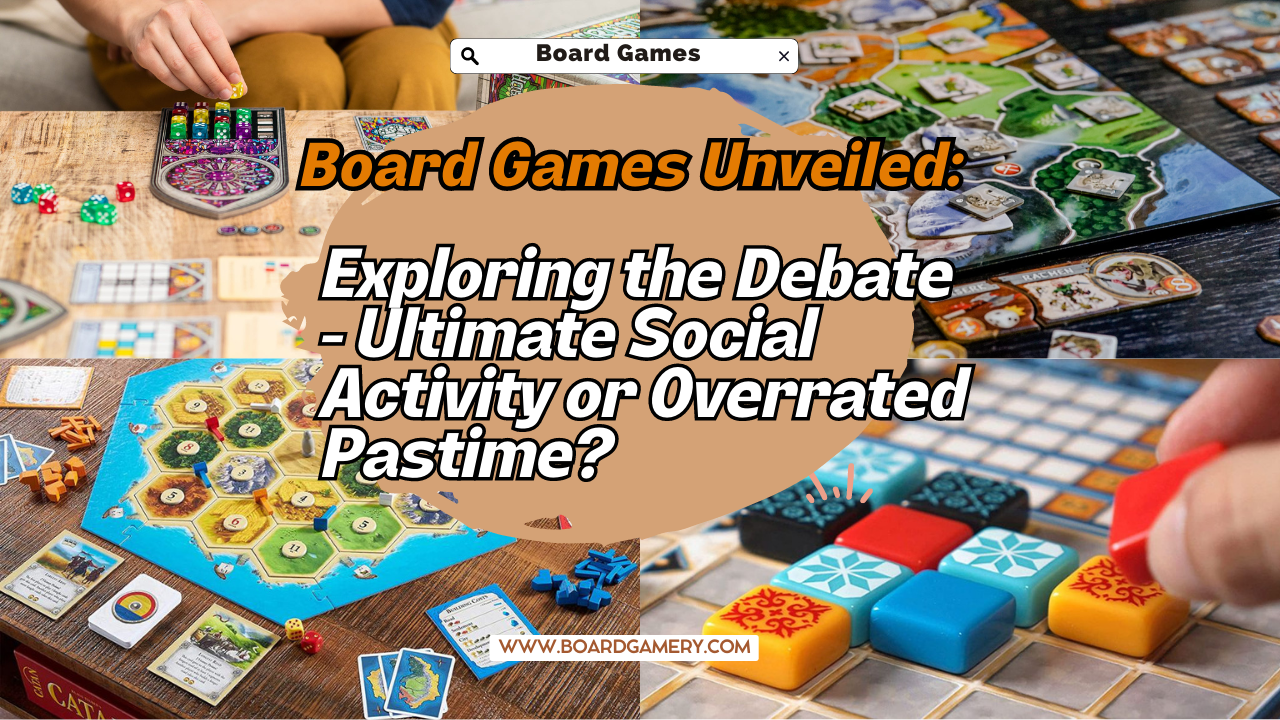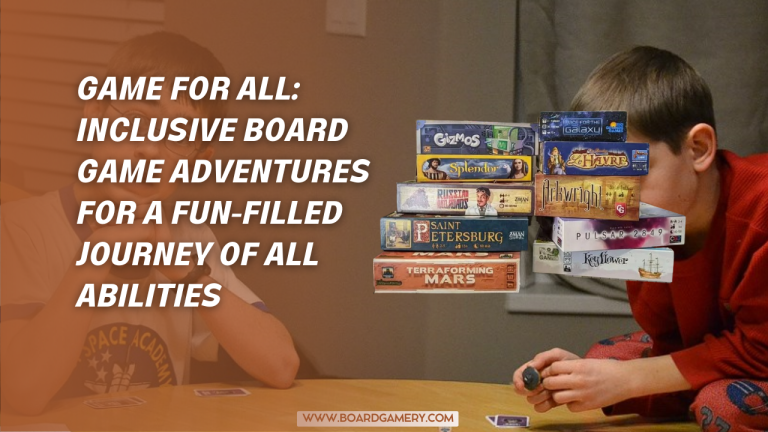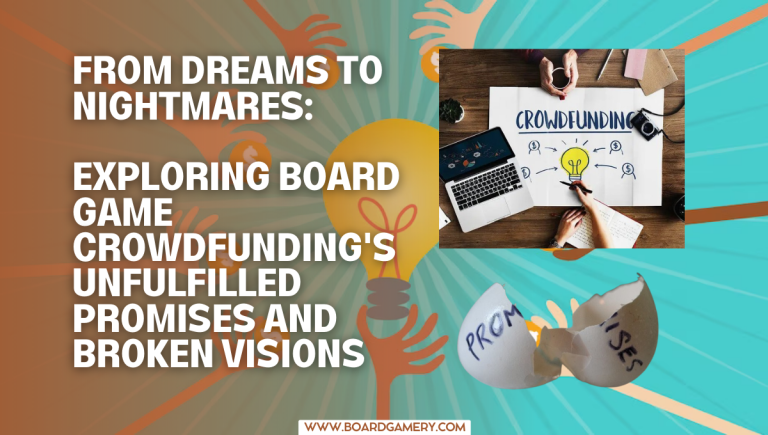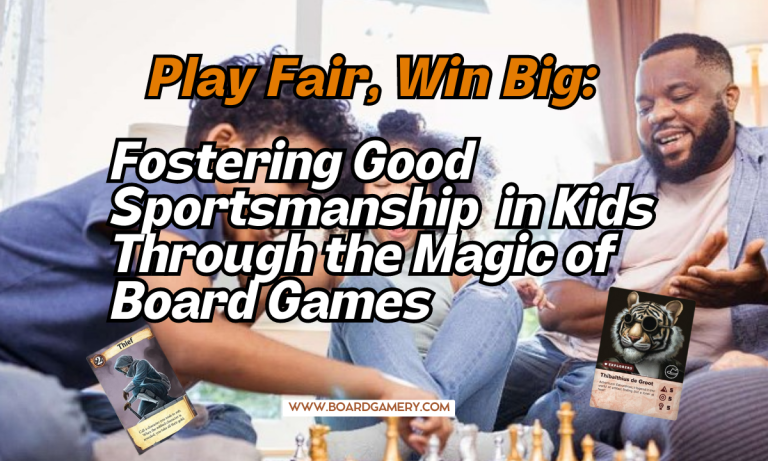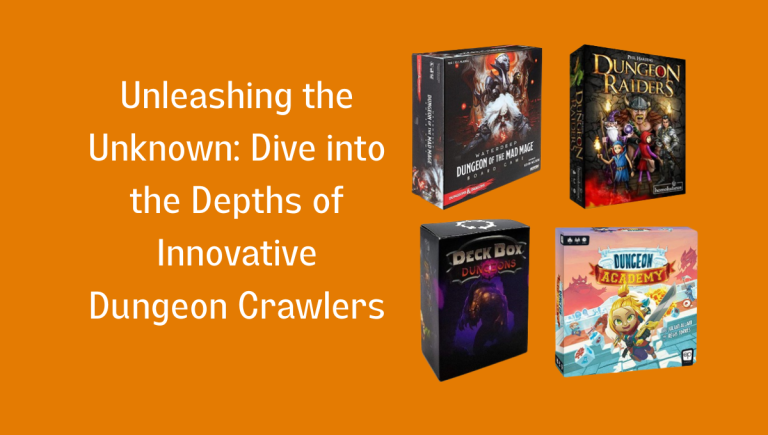Board Games: Ultimate Social Activity or Overrated Pastime?
Introduction
Ah, board games. A beloved pastime for many, yet a dreaded invitation for others. The great debate over board games continues to rage on, as some swear by their ability to bond and connect people, while others would rather avoid them like the plague. In this article, we’ll be diving into the world of board games, exploring why they remain so popular and whether or not they truly are the ultimate social activity. Stick around, friends – we’re about to get our game on, and you just might learn something along the way.
The Appeal of Board Games
Board games have been around for quite some time, and their staying power speaks to their ability to captivate and entertain people of all ages. The reasons behind their appeal are multifaceted, so let’s break it down:

Nostalgia and Tradition
Many of us grew up playing board games with our families and friends, so there’s a certain element of nostalgia that comes into play when revisiting these classic pastimes. Whether it’s the familiar feel of rolling dice in your hand or the satisfaction of moving your game piece along the board, board games have a way of taking us back to simpler times and creating a space for shared memories to form.

The Thrill of Competition
Let’s not forget the competitive nature of board games. There’s something intriguing and thrilling about facing off against your friends or family members, battling it out for supremacy and bragging rights. Even the most casual of gamers can get sucked into the vortex of a heated game, thanks in part to the engaging gameplay and narratives that many board games offer.
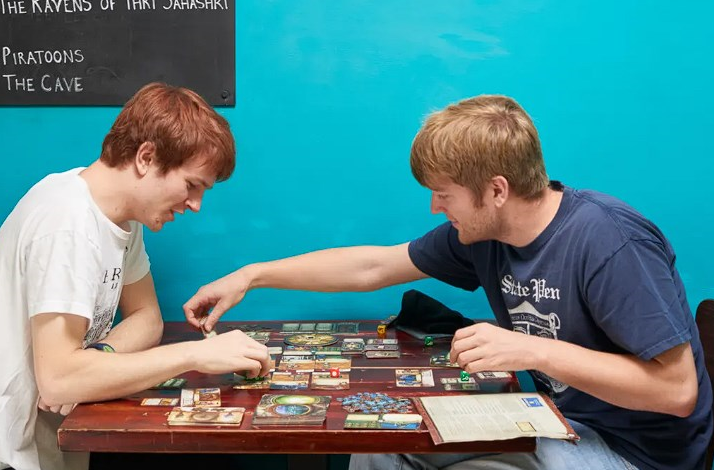
Social Interaction
Board games provide an excellent excuse to gather with friends, family, or even strangers and engage in something together. This shared experience can facilitate conversation and bonding, as you work together or compete against one another.

Mental Stimulation
Many board games require strategic thinking, problem-solving, and quick decision-making, which can help keep your brain sharp and engaged. In this way, board games can offer a fun and stimulating alternative to scrolling mindlessly through social media or binge-watching yet another TV series.
The Counterarguments
Of course, not everyone is a die-hard board game aficionado, and that’s okay. Some common reasons people cite for not embracing the board game lifestyle include:
Complexity and Time-Consumption
Some board games can be quite complex, with lengthy rulebooks and numerous components to keep track of. This can be daunting or intimidating for those who are not used to this level of intricacy in their leisure activities. Additionally, some games can take a long time to play, which may not appeal to everyone’s schedule or attention span.
Preference for Other Activities
Simply put, some people might just prefer doing other things with their time, be it watching movies, playing sports, or engaging in other hobbies. And that’s totally fine – different strokes for different folks, as they say.
Bad Experiences
Some folks may have had negative experiences with board games – perhaps a particularly ruthless friend or family member soured the experience for them, or maybe they just never found a game that clicked with their interests.
So, Are Board Games the Ultimate Social Activity?
The answer, as with many things in life, is highly subjective. Board games can indeed offer a wealth of social bonding opportunities, as well as mental stimulation and good old-fashioned fun. However, it’s also worth acknowledging that not everyone shares the same enthusiasm for the pastime, and that’s okay too.
The beauty of board games is that there is truly something for everyone – from lighthearted party games that can be learned in minutes to epic strategy games that can last for hours, the vast world of board gaming offers a smorgasbord of options catered to various tastes and preferences. By exploring different games and remaining open-minded, one can potentially find the game that resonates with them and connects them to others in a meaningful way.
In conclusion, while board games may not be universally hailed as the ultimate social activity, their ability to bring people together, spark discussions, and stimulate our brains is undoubtedly something to be celebrated. So, whether you’re a seasoned gamer or someone tentatively dipping their toes into this world, never underestimate the power and pleasure of a good old-fashioned game night. Who knows? You might just find your next favorite pastime waiting for you on the shelf.
